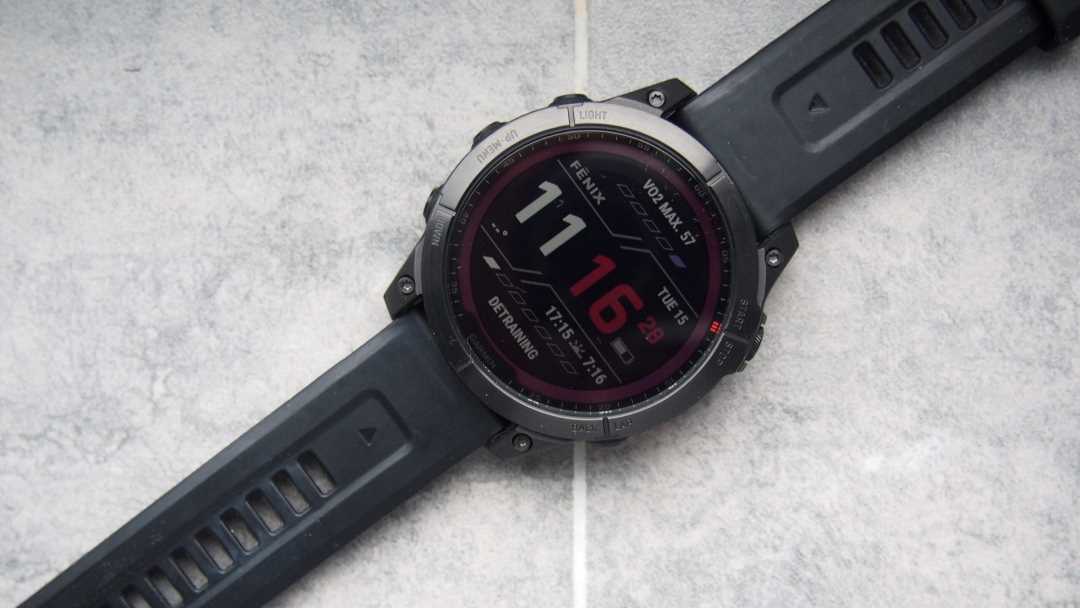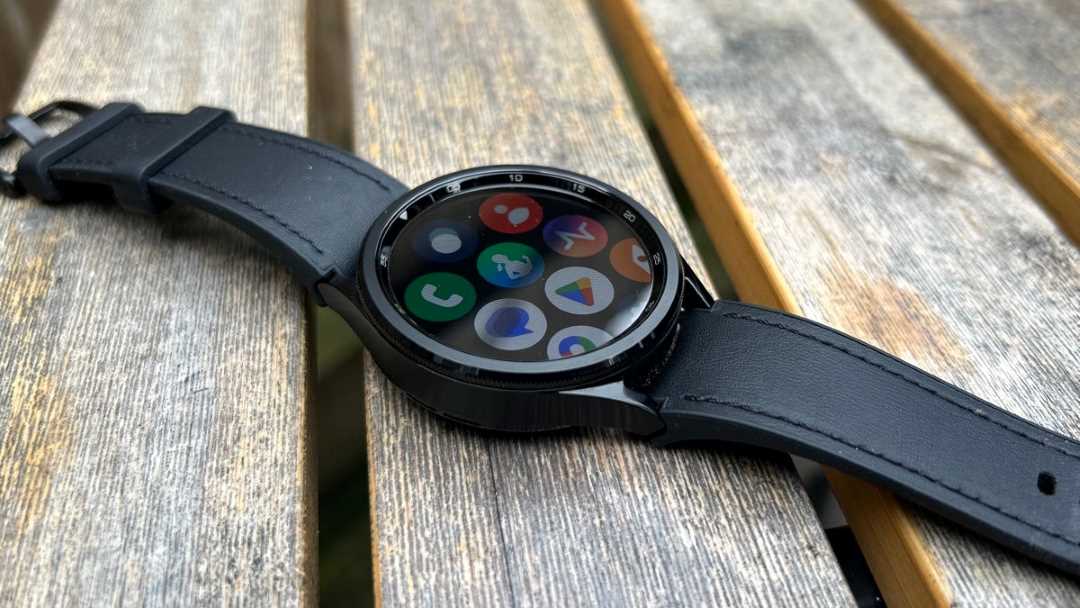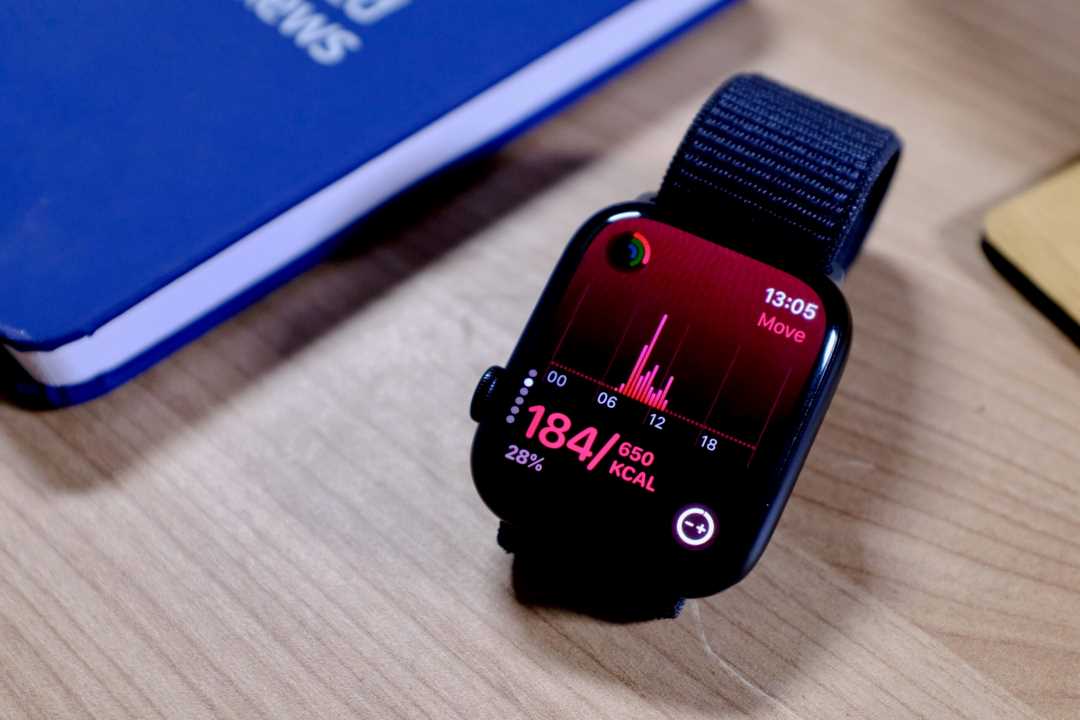In a world that’s becoming increasingly digital, fitness trackers have carved out a significant niche in the health and wellness industry. These sleek gadgets, worn on wrists like watches, promise to revolutionise the way we approach fitness and overall well-being. But, as with any tech-driven innovation, they come with both glowing benefits and notable drawbacks. So, are fitness trackers the motivational miracle they claim to be, or do they fall short of expectations? Let’s explore.
The Main Selling point of fitness trackers
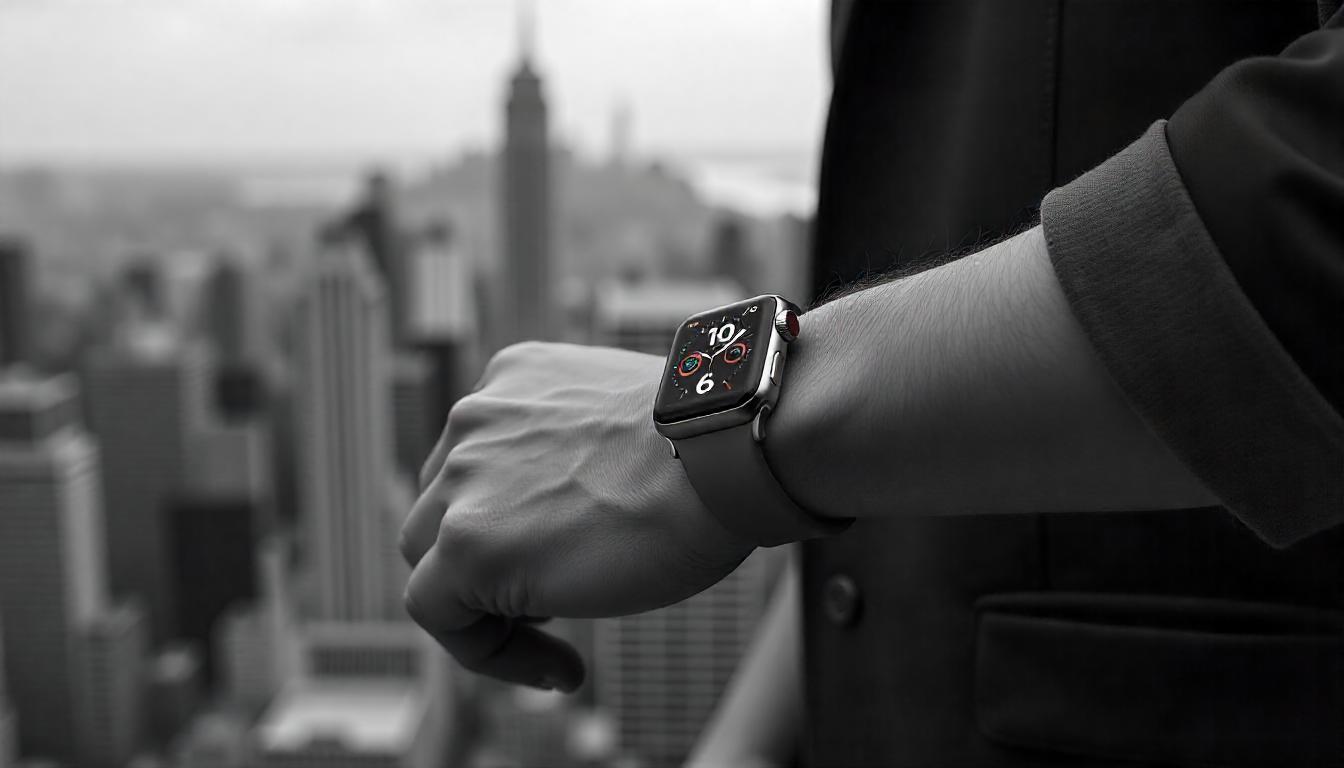
Fitness trackers are hard to ignore. They seem to be everywhere—from gyms and hiking trails to coffee shops and offices. Fitness trackers aren’t just popular for their style; but rather what they claim to offer—a sense of control over your well-being.
For many people, fitness trackers act like a digital cheerleader. They nudge you to take that extra flight of stairs or remind you to stand up after sitting too long. This real-time feedback can feel empowering, almost as if you have a personal trainer on your wrist.
But does this constant stream of data really help? For some, it’s a resounding yes, while others find the experience overwhelming or even counterproductive.
Motivation And Accountability
One undeniable advantage of fitness trackers is their ability to boost motivation. Let’s say you’re trying to get into the habit of walking 10,000 steps a day. A fitness tracker doesn’t just passively log your steps—it celebrates your progress. There’s something uniquely satisfying about that little vibration and a screen displaying “Goal Achieved!” It’s a small victory, but one that can encourage consistency.
Fitness trackers also make it easier to stay accountable. When you see your stats in black and white—whether it’s steps, heart rate, or sleep quality—you can’t deny what’s there. That knowledge can inspire change in you, whether it’s a decision to move more during the day or to finally prioritise better sleep habits.
A Personalized Approach to Health
One of the standout features of fitness trackers is their ability to personalise. Unlike general advice like “exercise more,” a tracker provides data tailored to your specific habits and goals. For example, some advanced trackers monitor heart rate variability, giving you insights into stress levels. Others help you optimise workouts by analysing intensity and recovery time.
The Drawbacks You Can’t Ignore
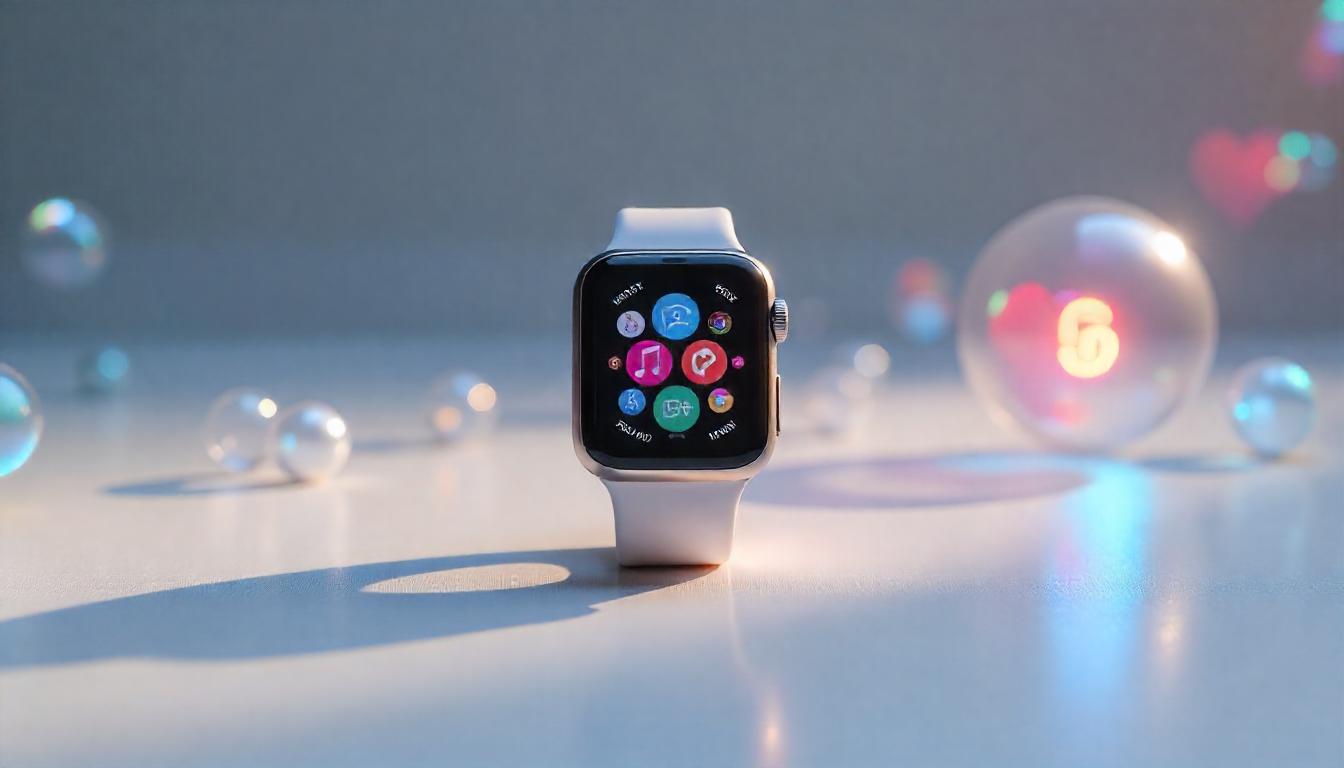
Although they have many advantages, such wearables aren’t without downsides, though they promise to be allies in your health journey, these gadgets also lead to frustration, confusion, and even unhealthy habits.
Information Overload
Fitness trackers can be a double-edged sword when it comes to data. For some, all those numbers–steps, calories burned, sleep cycles, and sleep cycles are inspiring. For others, they are overwhelming.so as a user, how can you interpret this information? What can you do with the information?
Therefore without guidance, the sheer volume of data can create stress instead of relief. Some individuals even fall into the trap of obsessing over every metric, turning what should be a tool for health into a source of anxiety.
Accuracy Isn’t Perfect
Another issue is accuracy. While fitness trackers have come a long way, they’re not infallible. Steps might not always be counted correctly, heart rate readings can fluctuate based on how snugly the tracker fits, and calorie burn estimates are notoriously imprecise. Sleep tracking, while useful, is more of an estimate than a definitive analysis.
For someone just looking for general trends, this margin of error might not matter. But if you’re relying on a tracker for precise measurements—say, for training purposes or managing a health condition—it’s something to keep in mind.
The Risk of Over-Reliance
Fitness trackers are tools, not magic solutions. Yet, it’s easy to fall into the trap of relying on them entirely. Some users find themselves prioritising what their tracker tells them over how they actually feel. For example, if the tracker says you’ve burned enough calories for the day, does that mean you shouldn’t go for that relaxing evening walk?
This over-reliance can lead to a disconnection from your body’s natural cues. Fitness and well-being are about balance, and no gadget can fully replace listening to yourself.
The Bigger Picture: Who Should Use Fitness Trackers?
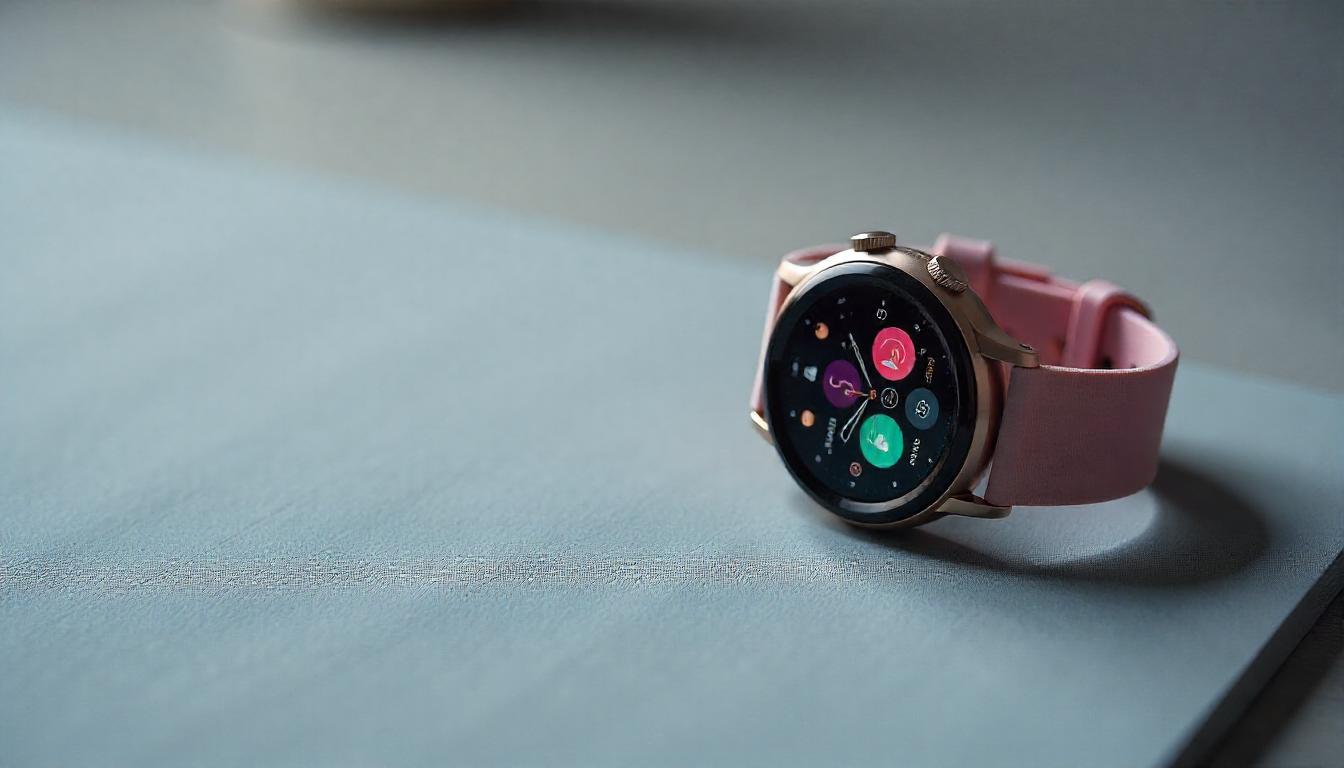
Fitness trackers can be a fantastic tool, but they’re not for everyone. If you’re a data enthusiast who thrives on setting and smashing goals, a tracker might feel like a natural extension of your lifestyle. Similarly, if you’re new to fitness and need a bit of structure and motivation, wearing one can provide that initial push.
On the other hand, if you’re someone who tends to get anxious or discouraged by numbers, a fitness tracker might do more harm than good. And if you’re already in tune with your body’s needs and cues, a tracker could feel redundant.
Making the Most of Your Tracker
If you decide to invest in a fitness tracker, the key is to use it as a guide, not a dictator. The numbers are there to help you make informed decisions, but they shouldn’t control your every move. Balance is essential.
Focus on long-term trends rather than daily fluctuations. If your tracker shows that you’ve been more active this month compared to last, that’s a win—even if one or two days didn’t hit the mark. Similarly, use features like sleep tracking to identify patterns, but don’t panic if your sleep score dips occasionally. Life happens.
The Future of Fitness Trackers
As technology advances, fitness trackers will only become more sophisticated. Some are already incorporating artificial intelligence to provide personalised health recommendations. Others are exploring ways to integrate with medical devices, offering a bridge between fitness and healthcare.
But as these gadgets evolve, one question remains: How much technology do we want involved in our health journeys? The answer will vary from person to person.
Final Thoughts
Fitness trackers can be incredible allies in the quest for better health. They motivate, provide insights, and help us stay accountable. But they’re not without their flaws. Like any tool, their effectiveness depends on how you use them—and whether they fit your personality and goals.
If you’re someone who thrives on data and enjoys setting tangible goals, a fitness tracker might be your new best friend. If, however, you’re more laid-back or tend to feel stressed by too much information, you might want to think twice before strapping one on. At the end of the day, it’s not the tracker itself that determines success—it’s how you approach your health journey.














